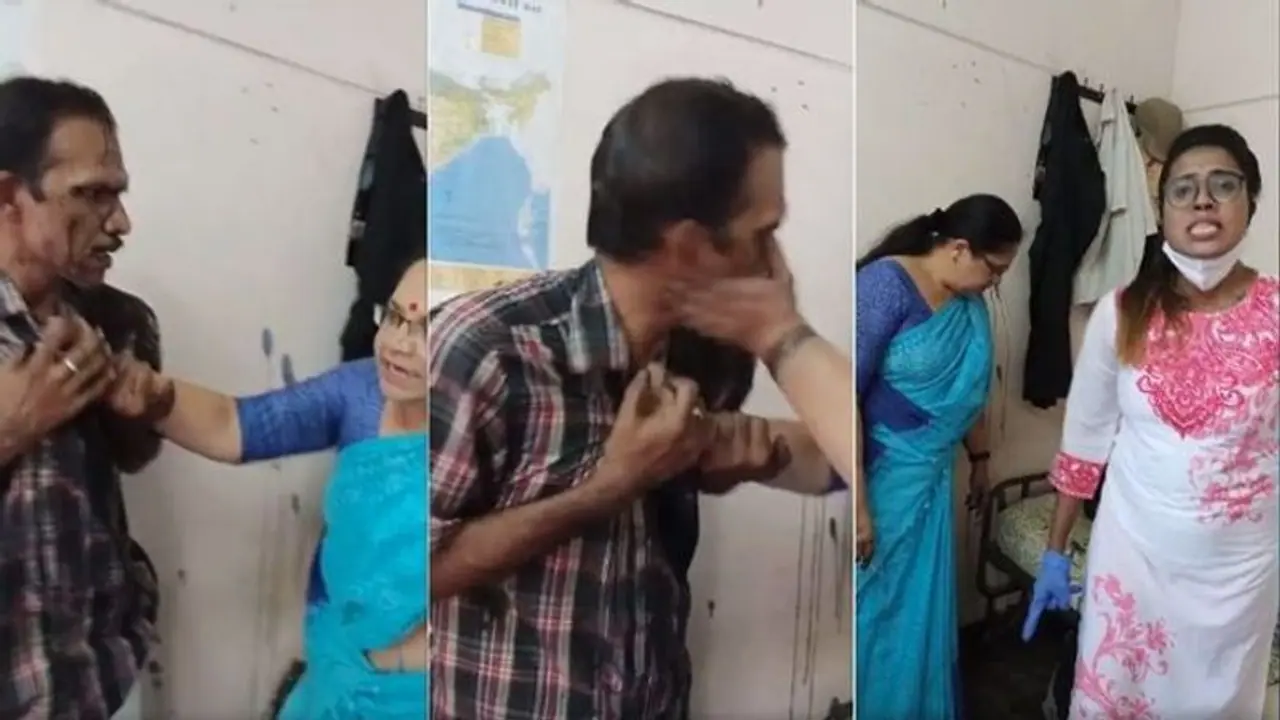Pronouncing the order on the bail application jointly filed by the three women, a single bench of Justice Ashok Menon stated that in the event of their arrest they should be released on bail on furnishing sureties and complying with the conditions as specified in the order.
The High Court of Kerala on Tuesday granted anticipatory bail to famous dubbing artist Bhagyalakshmi and feminist activists Diya Sana and Sreelakshmi.

Justice Ashok Menon passed the order this morning.
Pronouncing the order on the bail application jointly filed by the three women, a single bench of Justice Ashok Menon stated that in the event of their arrest they should be released on bail on furnishing sureties and complying with the conditions as specified in the order. The reasons for allowing bail and the conditions imposed will be known when the complete copy of the order is available.
On October 23, the court had directed police not to arrest the activists while it hears their anticipatory bail pleas.
The activists approached the high court after their pleas for pre-arrest bail were dismissed by the additional sessions court of Thiruvananthapuram.
Also read: Karnataka: Tejasvi Surya fined Rs 250 for not wearing mask
It was held by the lower court that granting bails to the accused will send a wrong message to the society that anybody can resort to vandalism and would allow the principle of might is right to prevail in the society.
The three women had gone to Vijay P Nair’s office on September 26 and poured black ink and nettle oil on his face for his vulgar remarks against one of the women and slurs on ‘feminists’ generally in his YouTube videos.
The assault was streamed live on Facebook. After they threw black oil on his face, they left the house with his phone and laptop.
The lawyer for the accused, Advocate KP Jayachandran, had submitted that the non-bailable provisions mentioned in the FIR - Section 452 (house-trespass with preparation for assault) and 392(robbery) of the Indian Penal Code - are not attracted to the case.
